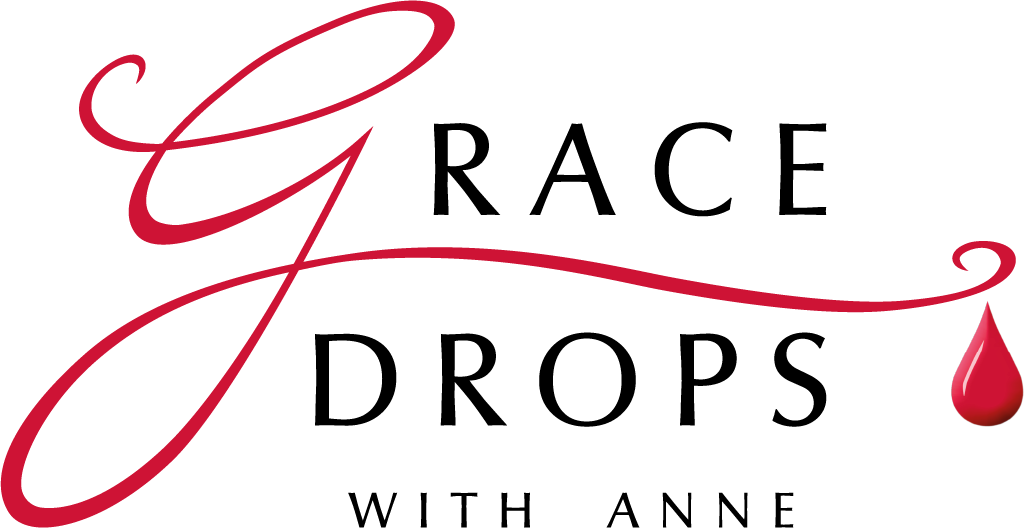Imagine making an omelette: you crack two eggs, add a few tablespoons of milk, season with salt and pepper then whisk the whole mixture together, drop it in a heated, buttered pan, flip it when one side is cooked and finally eat it when it’s deliciously hot and golden-brown.
Raising a covenant has a lot of aspects in common with making a two-egg omelette: the two become one and permanently indivisible. Just try to unwhisk the milk, salt and pepper, and slip the egg yolks back in their shells.
Not only that, when we eat the omelette, it becomes food fuel for our body: just try to re-constitute the original two eggs once it’s been eaten. The truism, ‘We are what we eat,’ explains why food offerings, meal dedications and spoken blessings are such important rituals in covenant-raising in so many different religions. It’s about expressing oneness through food and feasting.
Some people think it’s simple to revoke a covenant, especially the ungodly ones: just take up your authority and decree that it’s so. Some people don’t even think it’s necessary to renounce unholy covenants: it’s all done, so they say, at the Cross.
This is a misunderstanding of what ‘it’s all done at the Cross’ actually means. We can’t add or subtract from the finished work of Jesus, but we do need to apply its power to our lives. God supplies the electricity for the house, but we have to flick the switch. He doesn’t do that last action for us because He doesn’t operate through automatic defaults. He works through relationship.
So what do we do about unholy covenants? Ones that we, or our ancestors, have raised that are so ungodly they should never have been cut in the first place?
This is such a difficult and complex process that only God can do it. When we go to Him and ask Him to annul a covenant, we are basically handing Him the remains of an omelette and asking Him to uncrack the eggs and restore it to its component pieces.
Now, God can and will do this but it takes time. I personally think there are at least two reasons it takes a significant season for the annulment to happen:
First, if it happened instantly, it would kill you. You’d die, and not just because there are curses for revoking covenants. The process of undoing years, or even centuries, of oneness with a spirit that is hostile to God, would be too traumatic to take place in a single moment.
Secondly, an extended time of commitment renewal is needed. Are you genuine about rekindling your relationship with God or do you simply want to get rid of an ungodly covenant because it’s ruining the plans you have for your life?
Ultimately it comes down to the eyes of the Lord ranging throughout the earth to strengthen those whose hearts are fully committed to Him. (2 Chronicles 16:9)
This is Grace Drops and I’m Anne Hamilton. May the Lord strengthen your commitment to Him today.
Thank you to Lorna Skinner of www.riversofmusic.co.uk for the background music.

Covenant is at the heart of the Christian faith. It’s necessary to understand it in order to understand what can go wrong with it and how covenant violation affects our ability to come into our life’s calling. The Covenant Series of books begins with God’s Poetry, available as both print book and e-book. Threshold covenant is introduced in God’s Pageantry, from Armour Books. Specific threshold guardians, including Python, the spirit of constriction, as well as Ziz, the spirit of forgetting,are found in the Strategies for the Threshold series.

